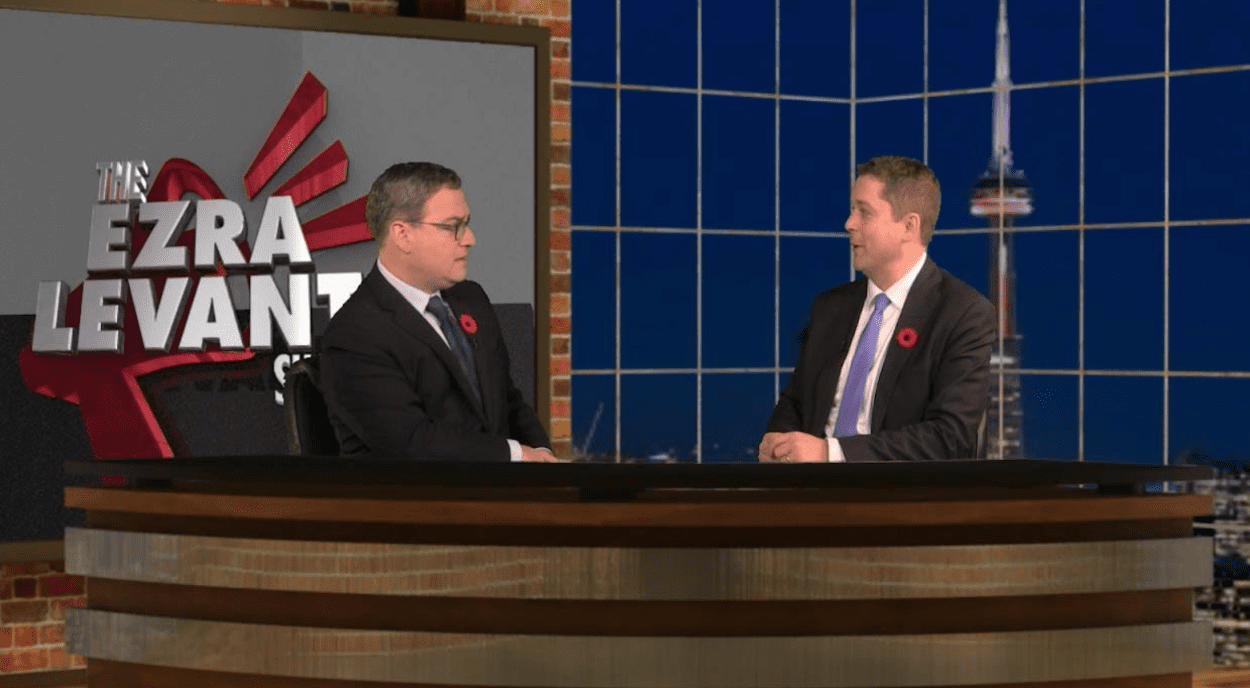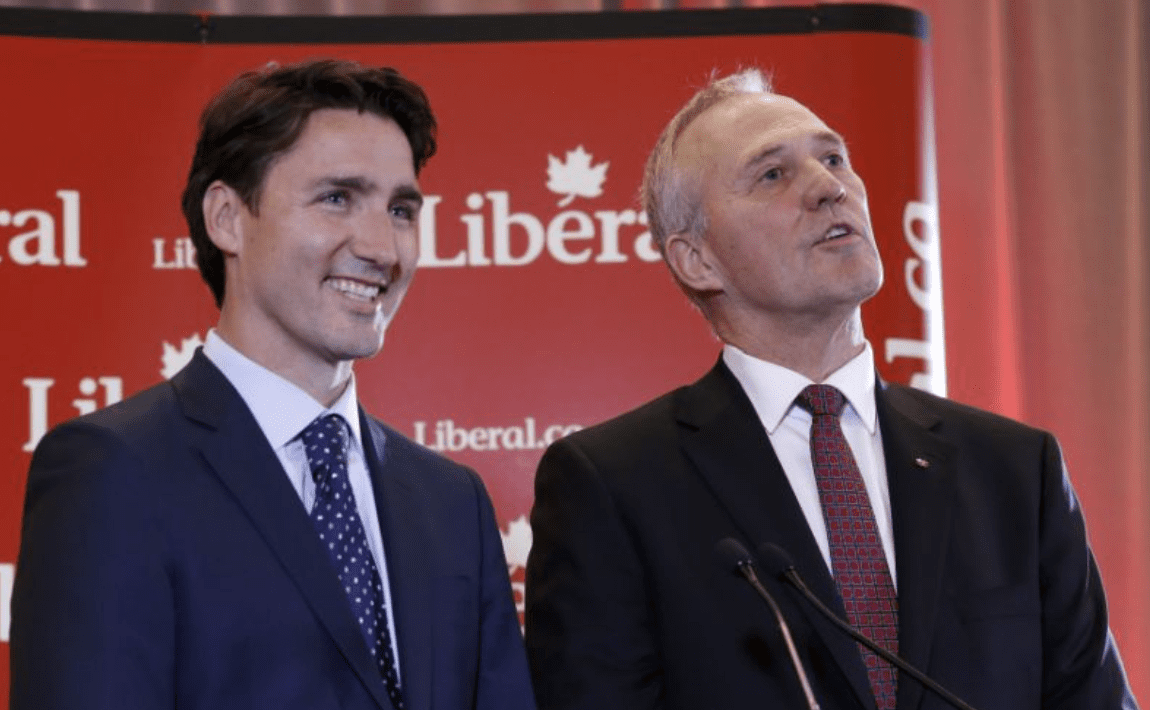Imagine if one day your neighbour brought home a ferocious-looking pit bull and, after noting your anxiety, tried to reassure you by saying "Don't worry; Fido is harmless … unless he gets angry, then he'll rip your arm off."
That'd make you and your other neighbours a bit nervous, right?
Well, I'm pretty sure that's how Conservative Party leader Andrew Scheer feels about the right-wing attack dog, Rebel Media, since, after all, this snarling and snapping advocacy group could potentially take a bite out of his support.
If you haven't heard of it, Rebel Media is a hard-core conservative, social media/activist organization founded and run by famous right-wing, rabble-rousing firebrand, Ezra Levant.
Usually awash in some sort of controversy, Rebel Media is known for waging a tough, take-no-prisoners, internet-based, brand of strident conservative advocacy, in which it pushes all sorts of political and social "hot buttons" with reckless abandon.
Levant's targets typically include, left-wing politicians (especially Prime Minister Justin Trudeau) the "mainstream media" (especially the CBC) and environmentalists (especially Environment Minister Catherine "Climate Barbie" McKenna.)
Now at this point, you're probably wondering why the Conservative Party and Rebel Media aren't the best of friends.
Certainly, they share the same enemies, they share the same ideology (more or less) and they share many of the same donors.
Yet despite all that apparent common ground the Conservatives have actually gone out of their way to distance themselves from Rebel Media.
Scheer, for instance, refuses to do interviews with Rebel Media and recently his party banned the group from covering the Conservative convention in Halifax.
A snubbed Levant, predictably, has lashed back at Scheer, suggesting the Conservative leader is weakly "pandering to the left-wing media" (which is probably the worst insult you can throw at a conservative politician.)
So what's going on here? Why can't the Conservatives at least tolerate Levant's right-wing antics and why can't Levant at least refrain from openly bashing Scheer?
Well the answer is actually simple: even though the Conservative Party and Rebel Media have similarities, they also have fundamentally different goals the Conservatives want to win the next election; Rebel Media wants to push ideas.
To win the next election, Scheer's endgame is to make the Conservative Party appear moderate and reasonable, hence he wants to take the "edge" off conservatism; Levant, on the other hand, is determined to use his voice to propagate a version of conservatism that's uncompromised, unapologetic and drenched in fiery populist rhetoric.
And those different goals have put Levant and Scheer on a collision course, with each believing the other is giving conservatism a bad name.
This is why Scheer is giving Rebel Media the cold shoulder; he wants to show the country and (more accurately) the media that his brand conservatism is different than Levant's.
The problem for Scheer, however, is that no matter how cold his shoulder might get, Levant's provocative ideological rampages (which Scheer can't control) will continually undermine the Conservative Party's "moderation" strategy.
That's because, rightly or wrongly, the Liberals, helped along by their loyal allies in the media, will keep lumping Rebel Media and the Conservative Party in the same ideological basket, loudly proclaiming that Scheer and Levant are conservative birds of a feather.
As a matter of fact, we saw a blatant example of this recently when the Globe and Mail actually ran a news story reporting on how Scheer's campaign manager, Hamish Marshall, (who once worked for Rebel Media) was spotted having a conversation with a few of Levant's employees in a public place.
So yeah, the media definitely believes in guilt by association.
And from Levant's point of view, he has every incentive to keep flogging undiluted conservatism, since catering to rabid ideologues with emotional appeals is a wonderful way to raise donations
He even has a financial inducement to keep taking shots at Scheer and the Conservative Party; it's a great fundraising pitch to say something like, "Instead of giving money to a fake conservative like Scheer, donate to the true conservative voice of Rebel Media".
Of course, there's nothing new about any of this. Political advocacy groups often don't get along with their political party counter-parts.
Indeed, many years ago when I worked for an aggressive conservative advocacy group called the National Citizens Coalition, we often publicly battled Preston Manning, Joe Clark and Brian Mulroney.
And needless to say that didn't win us many friends in party establishments.
But that didn't bother me when I was at the NCC, and I suspect today's Conservative acrimony, doesn't really bother Levant.
That's just the way it is with political pit bulls; if they have to, they'll rip off an arm.
Photo Credit: Youtube








